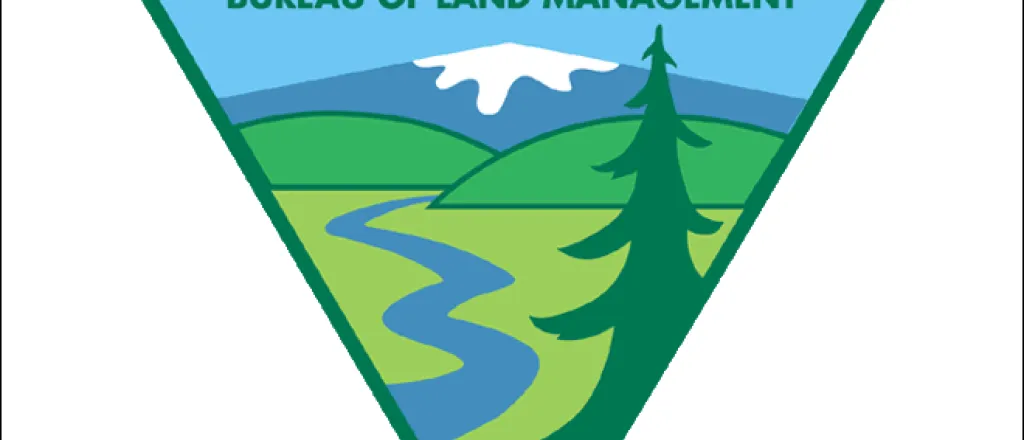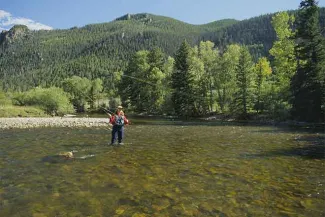
BLM finalizes rule to prioritize protection of public lands in Colorado, West
Click play to listen to this article.
(Colorado News Connection) The federal Bureau of Land Management has released its long-awaited final Public Lands Rule, which aims to reconcile a perceived imbalance between mineral extraction and habitat conservation.
The new rule prioritizes the protection of landscapes, wildlife habitat, clean water and decision-making on the nation's public lands based on data and science.

Courtesy USFWS.
Jerry Otero, co-chair of the coalition Next 100 Colorado, said when you look at BLM lands in Colorado and the West, they are all linked together.
"When it comes to sports, people outside hunting and angling are connected to both of those industries, any of the access to water, mountain biking, and the history and cultural values of these places that stretch far beyond a modern economy," Otero explained.
The Biden administration sees the change as a long-overdue policy shift for an agency which has too often favored ranching, oil and gas drilling and mining. Critics, including the National Mining Association, blasted the final rule as an effort to block energy production and mining.
The final BLM rule is among a handful of major policy changes, rules and initiatives rolled out within the past week as President Joe Biden looks to bolster his appeal to conservationists and young climate activists.
Otero pointed out public support played a pivotal role in shaping the rules, citing a poll which found eight of 10 voters in Colorado and the West support land and water conservation.
"Access doesn't mean defiling or destroying these places," Otero emphasized. "It means that you create a management plan that allows communities that are adjacent to them to go and use them. We should be accommodating and also adapting to how we manage these spaces."
Otero added the conservation community is looking beyond the rules' creation to their implementation and the actions accompanying them.
"There are additional partnerships and collaborations with indigenous communities, with communities that haven't had a say or a voice in these conversations," Otero noted. "The bold action needs to mirror the timeliness of the climate change issues that we're facing."
Support for this reporting was provided by The Pew Charitable Trusts.

















